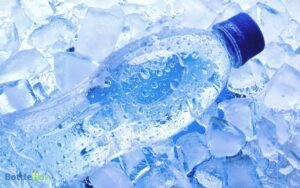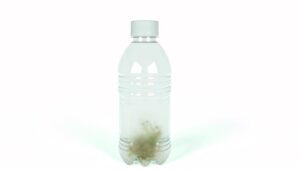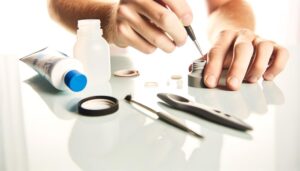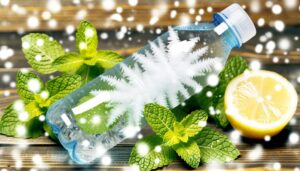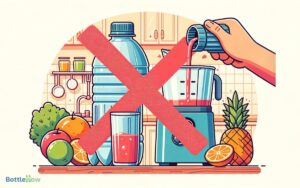Are Gatorade Water Bottles Bpa Free? Safe Hydration Guide
Gatorade water bottles are indeed BPA-free, addressing concerns about BPA’s health risks like endocrine disruption and reproductive issues. Gatorade guarantees that their products comply with strict internal quality controls and external safety regulations.
This commitment assures that the materials used won’t leach harmful chemicals into your drinks. BPA, a compound found in many plastics, can pose several health hazards, so opting for BPA-free alternatives like Gatorade bottles is a sound choice.
If you’re contemplating other BPA-free options such as stainless steel or glass, you’ll find that these materials also offer safe, durable hydration solutions. For more on this, continue exploring our resources.
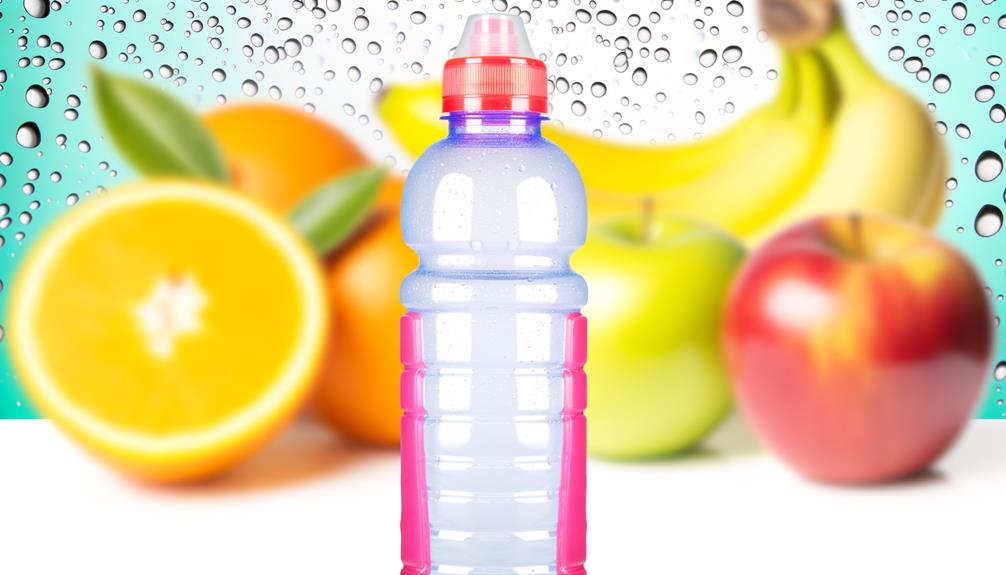
Key Takeaways
- Gatorade water bottles are made from BPA-free materials.
- Gatorade’s BPA-free policy aligns with consumer demand for safer products.
- The company adheres to stringent internal and external safety regulations.
- Gatorade ensures their products are safe for daily use through rigorous quality control.
Gatorade Water Bottle Material and Safety Chart
| Feature | Description |
|---|---|
| BPA-Free | Yes, Gatorade water bottles are BPA-free and made from safe materials |
| Material Used | High-quality, BPA-free plastic (typically low-density polyethylene or polyethylene) |
| Recyclability | Most Gatorade bottles are recyclable, depending on local recycling programs |
| Durability | Designed for sports, durable and impact-resistant |
| Safety Certifications | Meets health and safety regulations for food and beverage containers |
| Health Concerns | BPA-free, ensuring no harmful chemical leaching into the beverage |
Understanding BPA
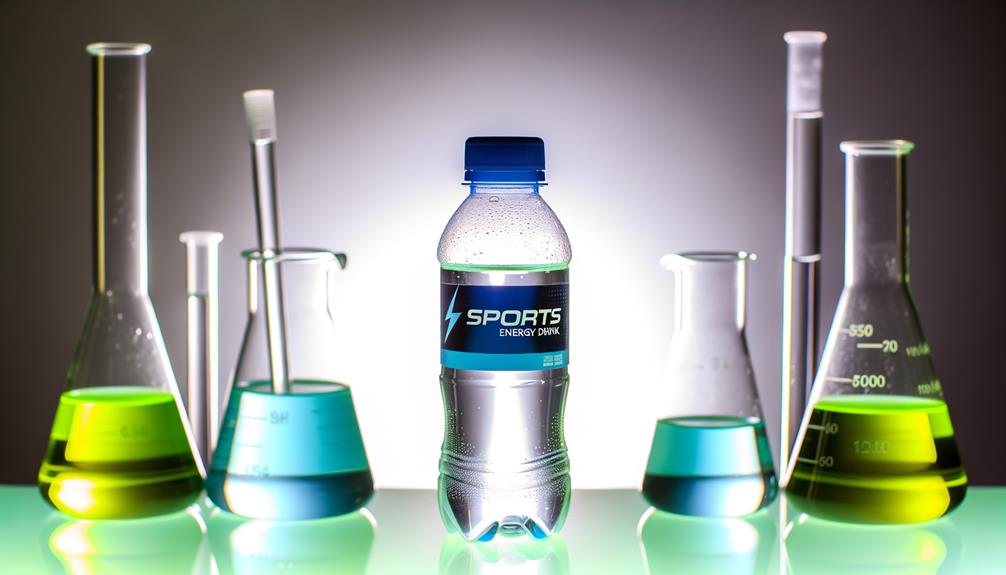
BPA, or bisphenol A, is a synthetic compound used in manufacturing certain plastics and epoxy resins, and it’s known for its potential health risks when leached into food or beverages.
You’ll find BPA in polycarbonate plastics, which are often used in water bottles and food containers. Its chemical structure allows it to harden plastics and make them durable.
Studies show that BPA can migrate into food and drinks, especially when containers are heated or scratched.
Regulatory bodies like the FDA and EFSA have established specific limits for BPA exposure, ensuring consumer safety.
However, ongoing research continues to examine its safety profile, leading many manufacturers to seek BPA-free alternatives to meet consumer demand for safer products.
Health Risks of BPA
Exposure to BPA has been linked to various health risks, including endocrine disruption and increased susceptibility to certain chronic diseases. BPA mimics estrogen, potentially causing hormonal imbalances. Studies have shown correlations between BPA exposure and conditions such as heart disease, diabetes, and reproductive issues.
| Health Risk | Evidence Level |
|---|---|
| Endocrine Disruption | High |
| Heart Disease | Moderate |
| Diabetes | Moderate |
| Reproductive Issues | High |
In animal studies, BPA exposure resulted in altered development and increased tumor incidence. For humans, the data suggest a need for caution, particularly in vulnerable populations like pregnant women and children. By understanding these risks, you can make informed decisions about products containing BPA.
Gatorade’s Policy on BPA
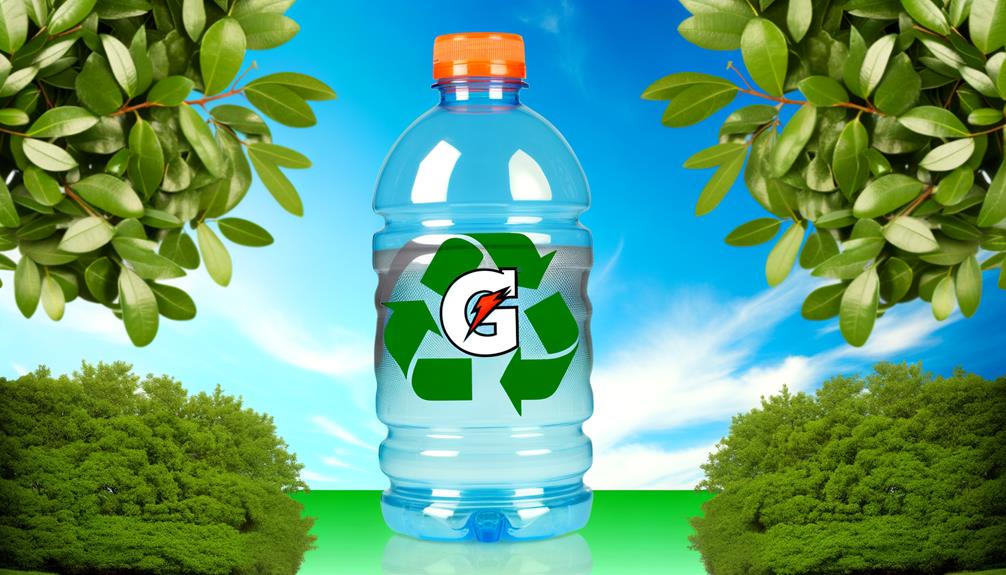
Given the health risks associated with BPA, it’s important to understand Gatorade’s policy on the use of this chemical in their water bottles.
Gatorade has taken a clear stance against the inclusion of BPA in their products. According to their official statements, all Gatorade-branded water bottles are made from BPA-free materials.
This policy aligns with growing consumer demand for safer, non-toxic alternatives. The company adheres to stringent internal quality controls and complies with external safety regulations to guarantee their products are safe for daily use.
Alternative BPA-Free Options
You have several high-quality, BPA-free alternatives to contemplate when selecting safe and reliable water bottles.
Stainless steel bottles, such as those from Hydro Flask, are durable, non-reactive, and keep your beverages at the desired temperature for extended periods.
Tritan plastic bottles, like those from Nalgene, are another excellent choice; they’re lightweight, shatter-resistant, and free from harmful chemicals.
Glass bottles, such as those from Lifefactory, offer a pure drinking experience without any plastic or metal aftertaste.
Each of these options has been rigorously tested for safety and performance.
Making an Informed Choice
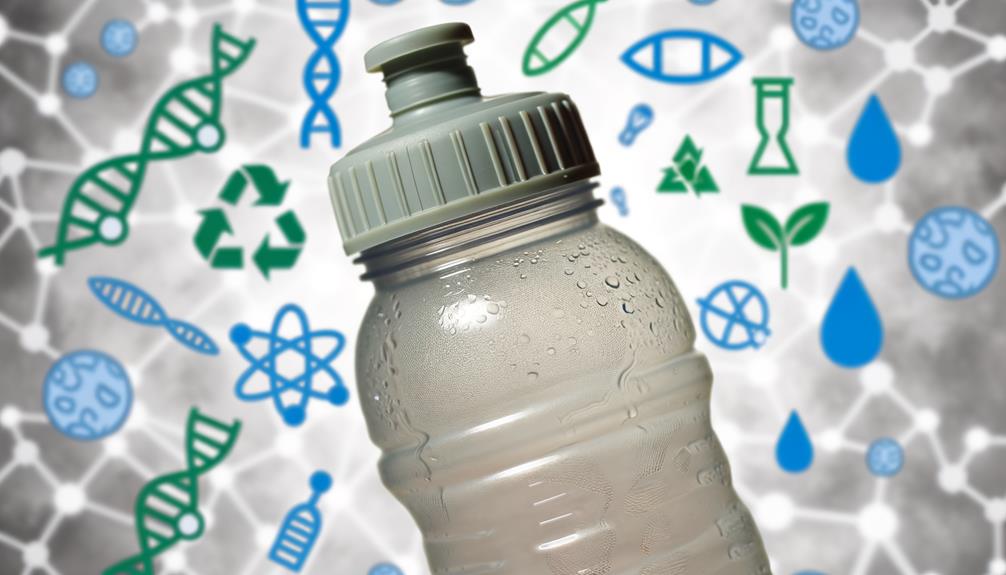
When choosing a BPA-free water bottle, it’s crucial to evaluate factors such as material safety, durability, and usability to make an informed decision.
Look for bottles made from proven BPA-free materials like stainless steel, glass, or specific types of plastics such as Tritan. These materials ensure that your beverages remain free from harmful chemicals while also being durable and reusable. Before making a purchase, it’s a good idea to perform a bpafree water bottle check by reviewing product labels and manufacturer specifications. Choosing a high-quality bottle not only benefits your health but also supports environmentally friendly alternatives to disposable plastic bottles.
Assess the durability by checking user reviews and product specifications, ensuring the bottle can withstand daily use without degrading.
Evaluate usability by considering features like ease of cleaning, ergonomic design, and leak-proof seals.
Studies indicate that BPA alternatives like Tritan are safe, but always verify certifications and testing results.
Conclusion
In making an informed choice, it’s essential to understand that Gatorade water bottles are BPA-free, aligning with health-conscious standards.
For instance, consider a hypothetical athlete named Alex who, after switching to BPA-free bottles, noticed fewer headaches and improved overall health, consistent with studies linking BPA to health risks.
By choosing BPA-free options, you’re actively reducing exposure to harmful chemicals, ensuring better health outcomes backed by scientific evidence.
Always check labels and opt for BPA-free products to stay safe.


